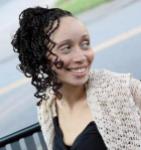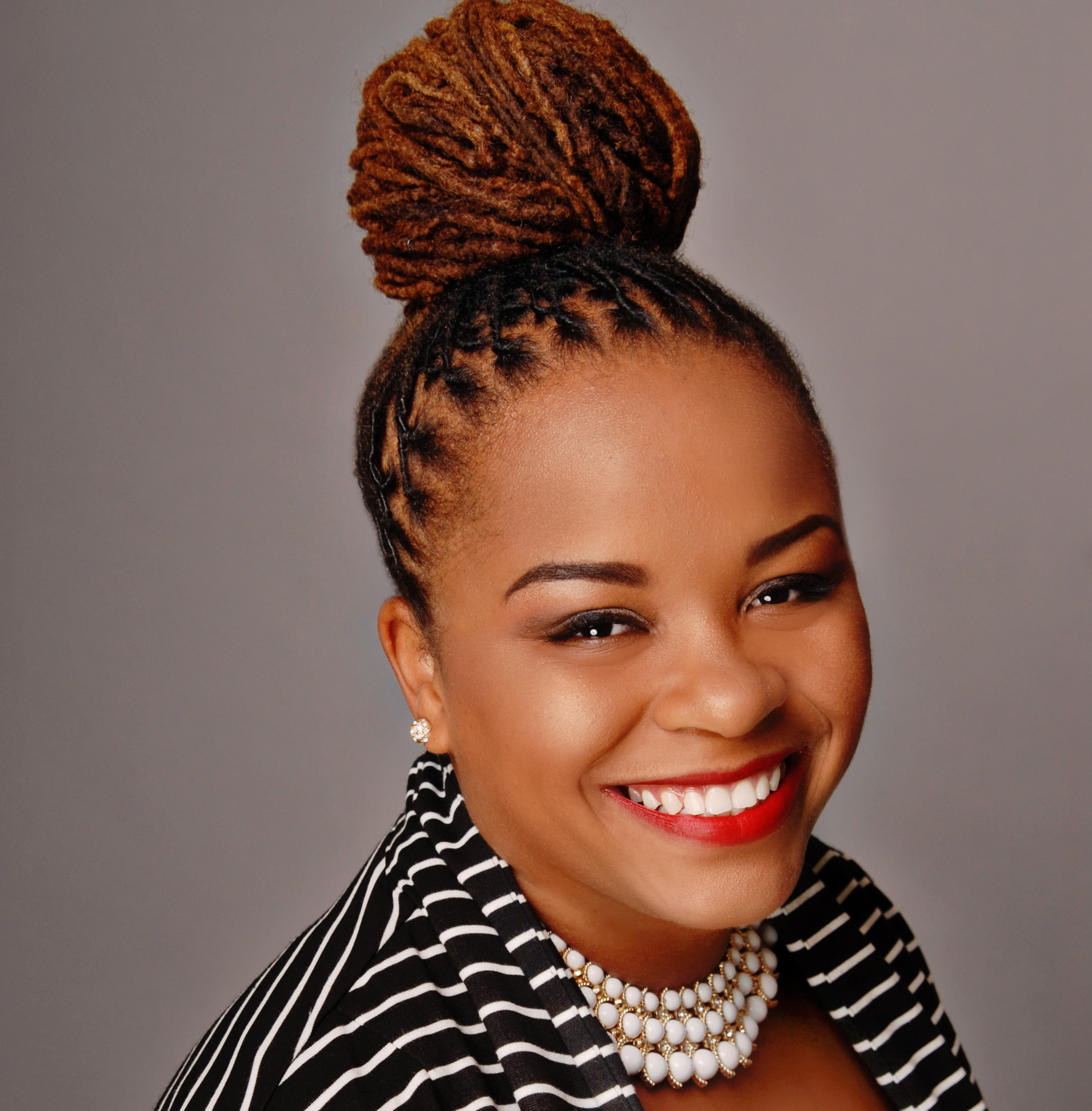 Jamila H. Tyrrell, a Chicago native, is a loving wife and the proud mother of five children. She prides herself on being a professional volunteer. Tyrrell received her B.S. in Africana Studies from Tennessee State University and she will receive her MBA from the University of Phoenix in December 2012.
Jamila H. Tyrrell, a Chicago native, is a loving wife and the proud mother of five children. She prides herself on being a professional volunteer. Tyrrell received her B.S. in Africana Studies from Tennessee State University and she will receive her MBA from the University of Phoenix in December 2012.
Editor’s Note: Breastfeeding is promoted by healthcare providers, breastfeeding advocates and mothers alike, as the best method for ensuring the health of children, considering it is an optimal source of nourishment. According to the World Health Organization, worldwide, less than 40% of infants are exclusively breastfed for their first six months. In the United States, approximately 45% of African American women attempt to breast feed, a percentage significantly lower than white(66%) and Hispanic (68%) women. While many have come to understand the health benefits for mother and child, the sense of community built among women and their families is easily overlooked and today, we are excited to share this story.
The Holy Prophet (peace and blessings be upon him) said, “Each time the baby sucks milk, the nursing woman gets the reward of giving life to a mortal and when she completes the feeding the angels pat her on the shoulders and declare all her past sins have been forgiven.” The Virtues of Women, M. Iqbal
Most understand breastfeeding will help mothers return to their pre-pregnancy weight, but breastfeeding also reduces the incidence of some types of cancer, reduce stress levels and the risk of postpartum depression. Breastfed infants are better protected against illness, have a decreased risk of allergies and may be more intelligent. Breastfeeding generates no waste, requires no natural resources (water, fuel, wood, etc) for production, reduces health expenditures, health insurance premiums and reduces workplace absenteeism.

I firmly believe it is the right of a child to be nursed and if the mother is unable to do so, the parents’ should explore all other possibilities by seeking a wet-nurse or milk bank before resorting to formula. There was a time in Black history when women nursed for others who couldn’t and enslaved Africans were forced to nurse for their owners. While the tradition of wet nursing is not part of American culture, it was a consideration that became reality with my fifth child, Nailah.I became pregnant with Nailah, while nursing the fourth. I breastfed all my children and I never thought I would be unable to breastfeed. Unfortunately, I was unable to produce milk. During frequent pediatric visits for Nailah, because of her jaundice, our healthcare provider would check for milk production. I didn’t even produce colostrum. The providers offered me formula which I refused and at that moment I decided to embrace my African culture.I contacted my sister-friend who was a nursing mother and asked for her milk, to which she responded, ‘Yes!’ Before collecting her milk, my husband and I visited a lactation consultant at the hospital and she agreed with my decision to use breast milk rather than formula. For two days and three nights, Nailah fed from my sister-friends milk and from this experience our bond as sisters and friends is stronger than ever.
Do not underestimate a woman’s need for support and encouragement, as she breastfeeds. When you see a nursing mother, remind her of the angels applauding her as she is nourishing a baby in need.
For more information in breastfeeding, please visit, 9 Months and Beyond and if you’re in Nashville to learn more about the Nashville Breastfeeding Coalition visit us on Facebook and please, join us!














What did Nailah drink until she was able to get the milk from the friend? Also, what has she drank since then?
Nailah went without anything until she received my friends milk. I did not know that my milk was not in so I thought for those first several days that she was nursing. As a family we drink almond and rice milk so she drinks that now.